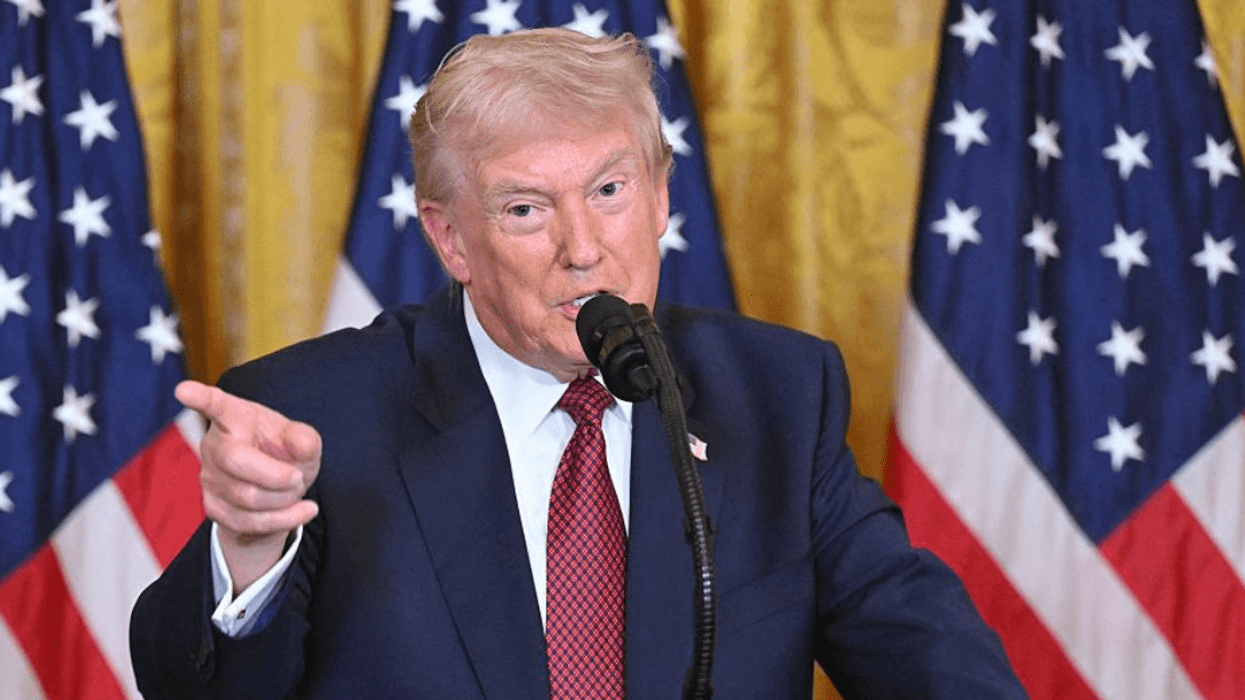Conservative lawyer John Eastman has been having a bad run of it.
After U.S. District Judge David Carter ruled back in March for the January 6 Committee and found Eastman’s claims of attorney-client privilege were invalid because he and his boss likely committed federal crimes—a ruling that has massive implications for the ongoing investigations—Eastman was back in court last Friday trying to protect from disclosure a second tranche of his documents.
But in so doing, in his filing Eastman directly tied his client Donald Trump to the scene of those crimes, effectively making it impossible for Trump later to make Eastman his fall guy. Specifically, Eastman listed “two hand-written notes from former President Trump about information that he thought might be useful for the anticipated litigation.” He also declared that he and Trump spoke directly by phone throughout his legal challenges to the election.
This matters a great deal because Trump no longer can claim, as he has with his financial statements records under investigation in New York, that he was simply going along with whatever the lawyers and accountants told him to do. He was a back-and-forth, active participant. In short, these sworn statements by Eastman demonstrate that if Eastman committed crimes, then Trump was his knowing and willing co-conspirator.
The strategy by Eastman has been a legal disaster from the get-go.
Had he simply complied with the January 6 Committee’s requests at the outset, rather than file a lawsuit to try and halt production of his documents to the Committee, the parties would have been left arguing in the court of public opinion whether the Eastman memos and emails demonstrate a conspiracy to overturn the election.
Instead, because of Eastman’s own court filing, the matter wound up before a federal judge, giving the Committee a rare and structured opportunity to make its case that the crime-fraud exception to attorney-client privilege applied to the documents. That mini-trial provided an opportunity for the Committee to gather, organize and present its evidence and to ferret out the defenses Eastman and presumably the White House would deploy.
Having lost once, and disastrously, before the judge, Eastman has not learned his lesson. Instead, rather bafflingly he has asked the court to reconsider its decision with respect to the likelihood of criminality, and in so doing he has shown even more of his cards with respect to his criminal defenses.
Further, in trying to make his best case for attorney-client privilege, Eastman again had to establish a baseline that the communications he sought to protect in this second batch of documents were between him and his clients, which he claims included the former president, congressmembers, and certain state legislators.
This is akin to roping others to your own sinking ship, and it’s clear Eastman and his attorneys haven’t thought this through. In order to justify his and Donald Trump’s various activities in furtherance of overturning the election, and to rebut the critical finding that the crime-fraud exception applies, Eastman now has to prove to an already skeptical judge that his actions were somehow justified.
As Teri Kanefield, a legal analyst for The Washington Post, observed, Eastman makes three essential claims in his defense:
- 1) that the “mounting evidence of the scope of illegality and fraud in the 2020 election” shows he was not acting corruptly or dishonestly
- 2) that the level of perceived fraud meant Eastman’s actions and advice were “a legitimate attempt to prevent a stolen election,” and
- 3) that Trump had to rely on “trusted advisors” outside of “normal channels” because he couldn’t turn to his own government advisors at Homeland Security and the Department of Justice, who had told him plainly there had been no election fraud.
Of course, Judge Carter already has considered these arguments, or some version of them, in his prior order, in which he succinctly concluded that their actions amounted to a “coup in search of a legal theory.”
But since March, additional information has surfaced that further supports this conclusion, including that Eastman had written to state legislators in Pennsylvania to advise them that they could simply retabulate the results of the popular vote in order to “provide some cover” for nominating a Republican slate of electors for Trump.
That communication is nearly certain to be raised by the Committee in its reply as further evidence that Eastman wanted a certain result and was willing to abuse procedures and break laws to obtain it.
Nothing in Eastman’s filing undoes the two most critical factual findings already rendered. In his order, Judge Carter had singled out the infamous phone call between Trump and his team and Georgia Secretary of State Brad Raffensperger in December of 2020.
Carter wrote in his lengthy opinion:
“President Trump’s repeated pleas for Georgia Secretary of State Raffensperger clearly demonstrate that his justification was not to investigate fraud, but to win the election."
He then quoted Trump:
“'So what are we going to do here, folks? I only need 11,000 votes. Fellas, I need 11,000 votes. Give me a break'.”
Carter concluded:
“Taken together, this evidence demonstrates that President Trump likely knew the electoral count plan had no factual justification.”
The White House’s efforts to coerce then Vice President Pence to violate his constitutional duties also loomed large in Judge Carter’s ruling.
Carter wrote:
“The illegality of the plan was obvious."
"President Trump vigorously campaigned for the Vice President to single-handedly determine the results of the 2020 election. As Vice President Pence stated, ‘no Vice President in American history has ever asserted such authority'."
"Every American—and certainly the President of the United States—knows that in a democracy, leaders are elected, not installed. With a plan this ‘BOLD’,"—Judge Carter was quoting Eastman here—"President Trump knowingly tried to subvert this fundamental principle.”
Further, a quick dissection of the evidence of “election fraud” proffered by Eastman shows that it is flimsy to the point of absurdity. Eastman cites a petition filed by the Trump campaign against election administrators in Georgia, documenting “scores of violations of Georgia election law” that they claim affected the election.
But as Philip Bump in his OpEd in The Washington Post points out, Eastman is trying to conflate changes to the voter laws in Georgia with election fraud. Challenges to laws expanding voter access are matters for the courts to decide, and in this case they all ruled against the Trump campaign.
Whatever your issue is with how the mail-in or early votes got counted, it can’t be used as grounds for state legislatures or the Vice President to usurp the will of the voters after the fact through procedural chicanery.
Bump aptly writes:
“It’s like claiming that someone committed arson and citing as evidence the fact that the service station near their house was selling gas without charging the required taxes."
Eastman also argues that “Statistical evidence, contained in Dr. Eastman’s privileged email exchanges … but also that which was publicly available at the time, strongly indicated ‘the intense improbability of the accuracy of the present Biden lead.”
But the source for this was an adviser to the Trump campaign itself, not some neutral expert.
And again, the answer to something that doesn’t “feel” right to you isn’t to undo the election by decree or through state lawmakers’ usurpation of the results, but to challenge the matter in court—which the Trump Campaign had done, of course, losing more than 60 cases and only winning one inconsequential matter in Pennsylvania involving when to count certain absentee ballots.
Finally, Eastman cites long-debunked claims about voter irregularities in far-away places like Antrim County, Michigan,—which turned out to be a case of human error due to misconfigured voting machines—as justification for the “BOLD” and sweeping plan to overturn the election.
But evidence of irregularities in one isolated county, which turned out not to be fraud at all, is not evidence of widespread fraud, nor could it reasonably be used to extrapolate to something broader. And again, the correct and legal procedure here would have been to file suit to challenge the results in that county, not to make a huge logical and conspiratorial leap to justify seizing control of the entire mechanism for the peaceful transfer of power.
One final observation. Trump is notorious for not keeping written records of anything that might tie him to a crime. He’s even been said to have flushed notes down the toilet or eaten them in front of aides.
But Eastman was just the opposite, spelling out in great detail all of the plotting and planning that was going on inside the White House, presumably because he believed it would never be discovered. Now a few of Trump’s notes and his communications with Eastman are likely to come out as Eastman compounds his legal woes with more unforced errors.
Considering Rudy Giuliani recently completed nine hours of testimony before the Committee, it’s hard not to conclude that Trump’s attorneys are fast becoming the people most likely to bring him down as they scramble to protect their own hides.

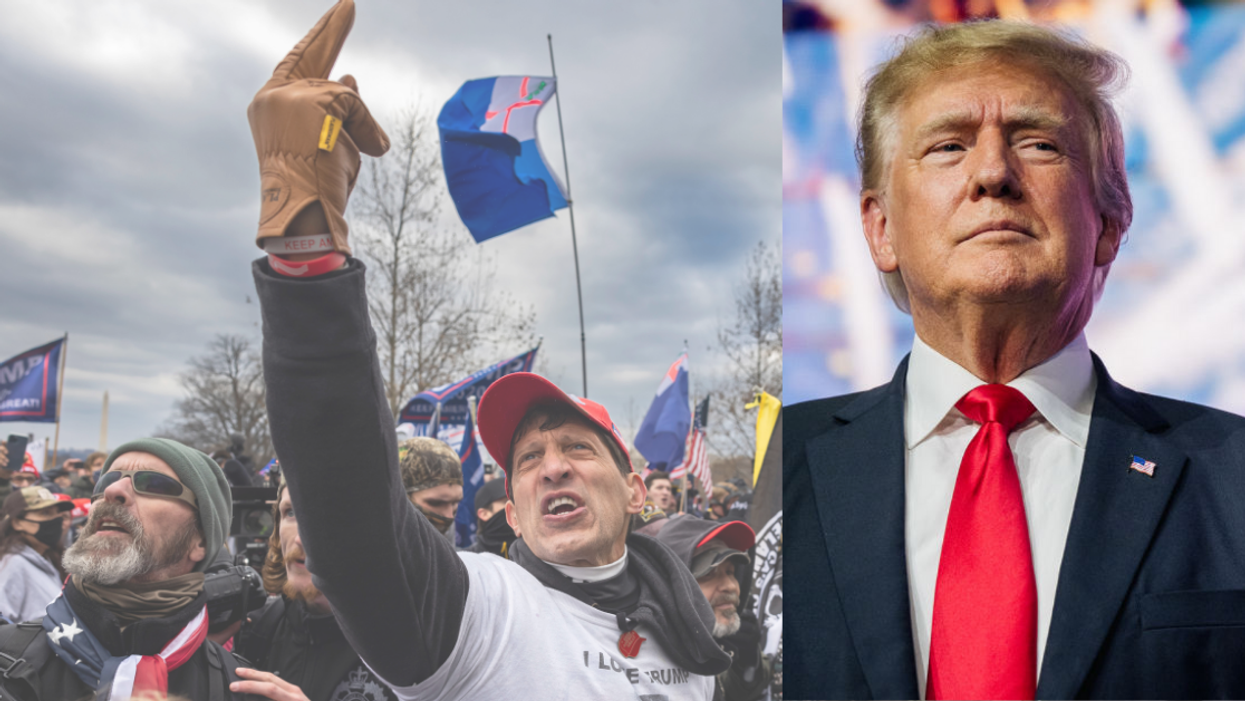

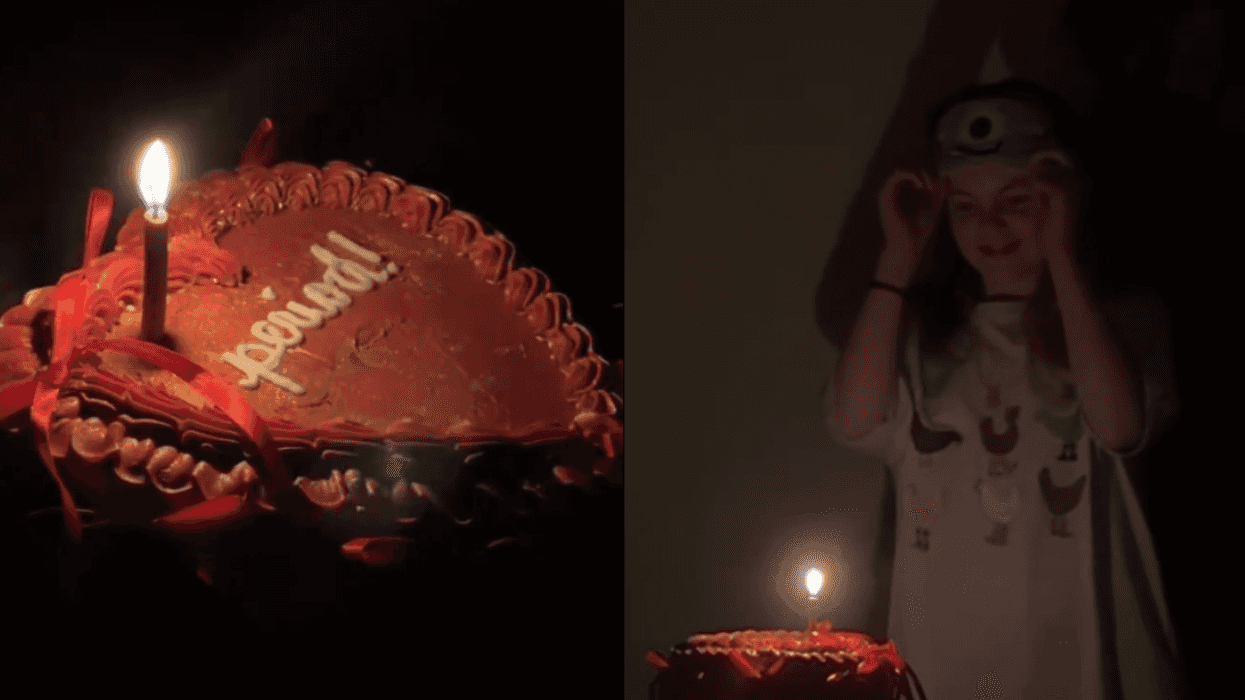
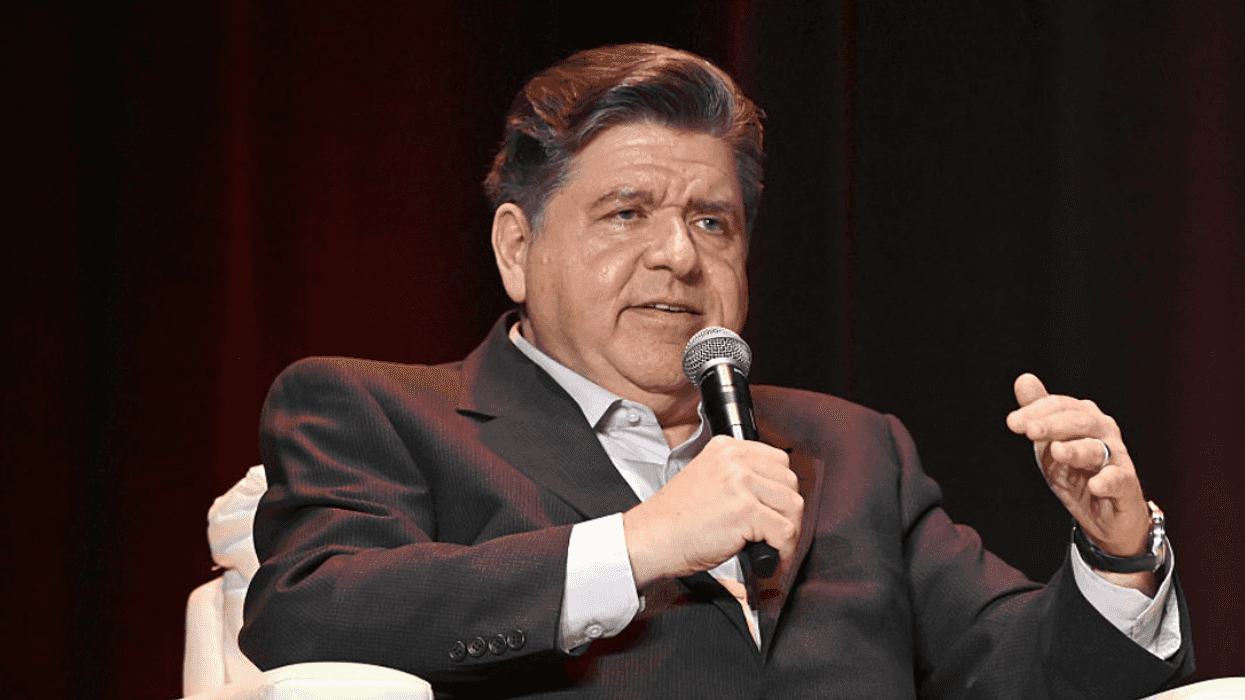
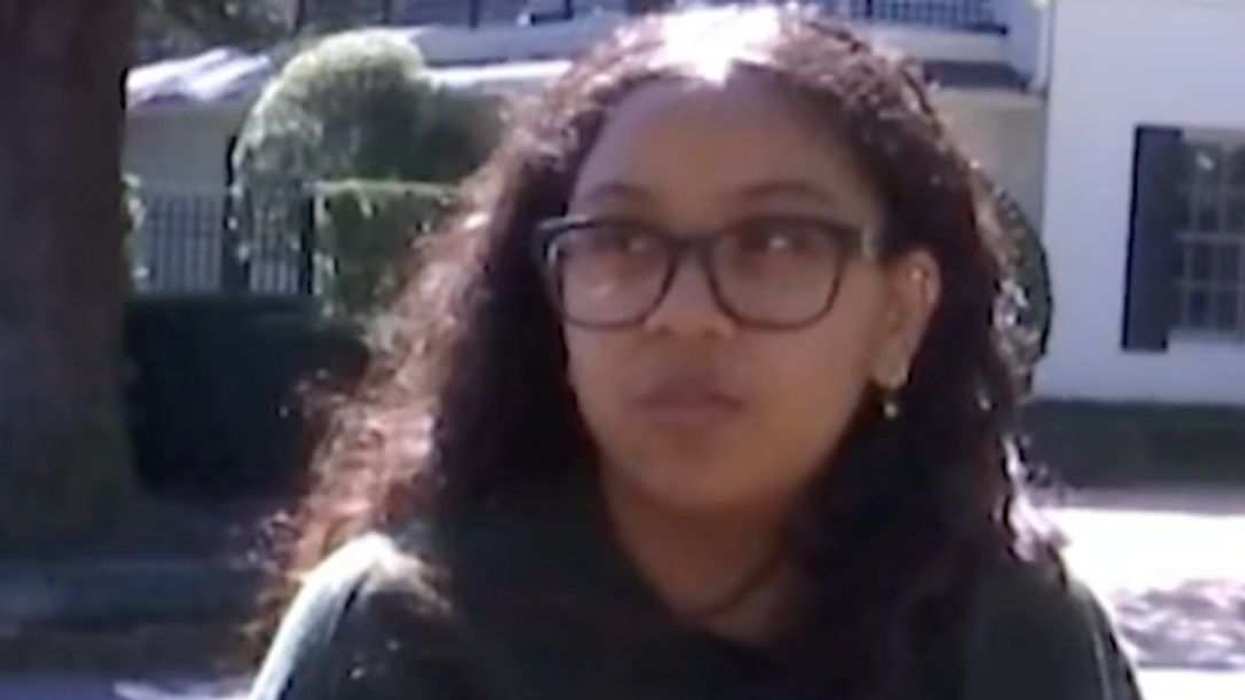
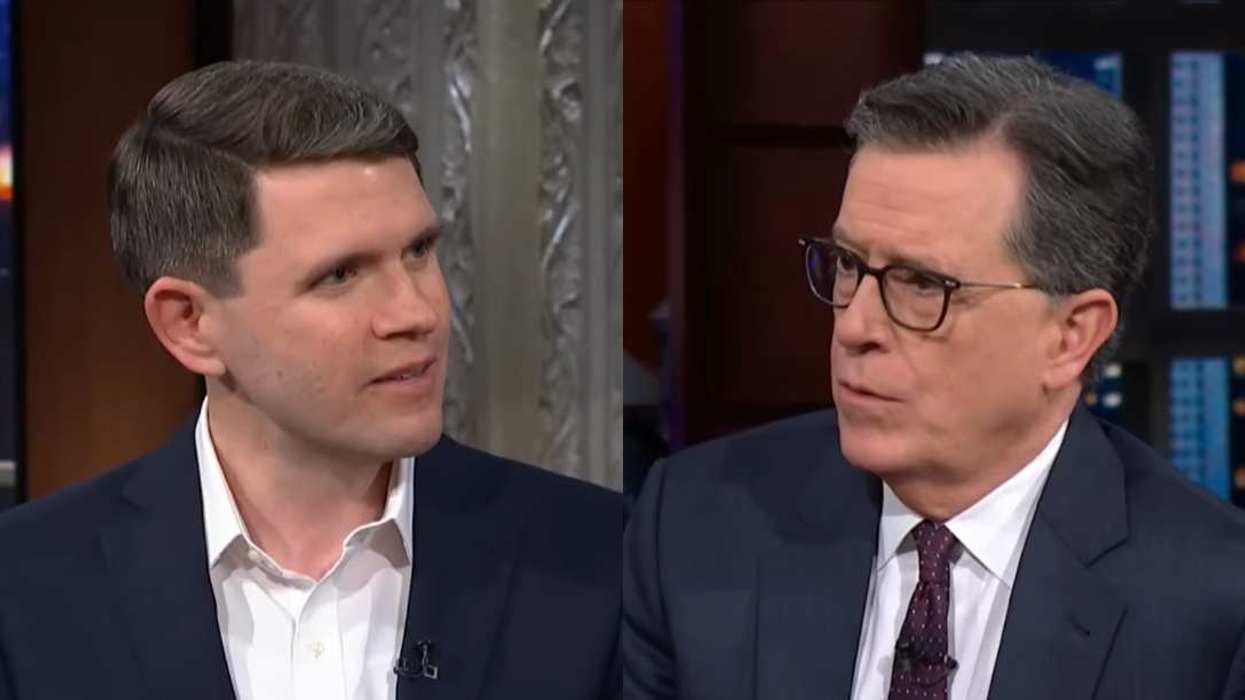



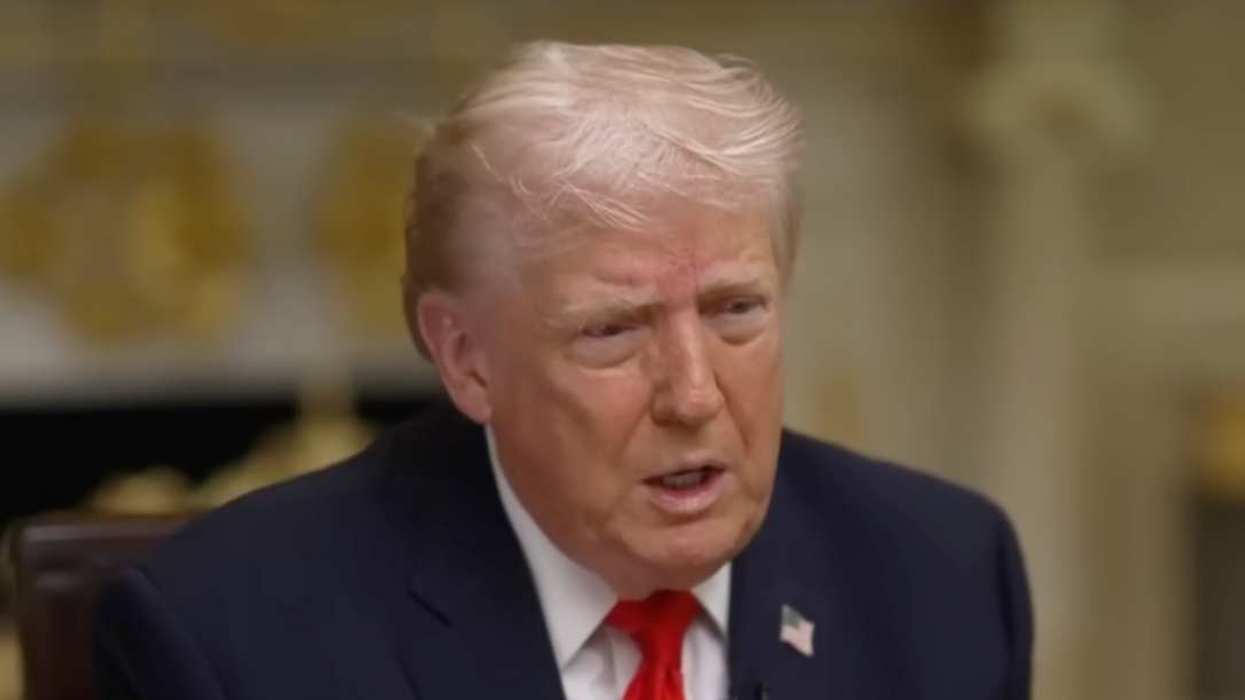

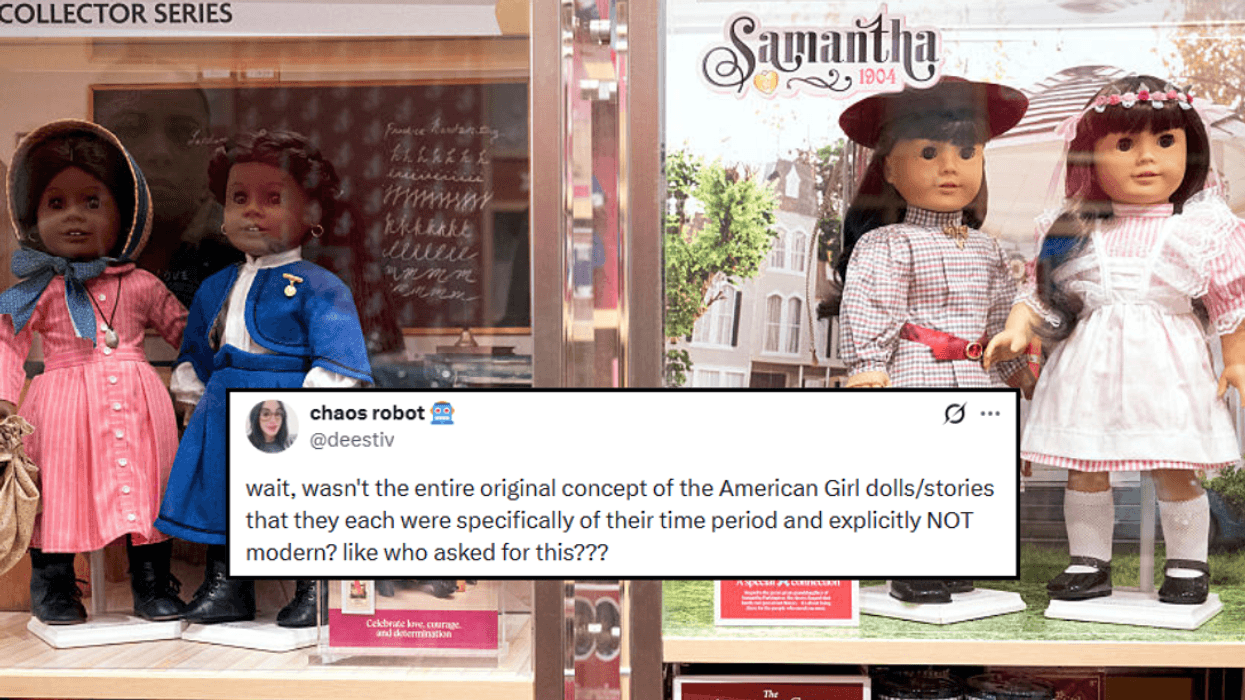
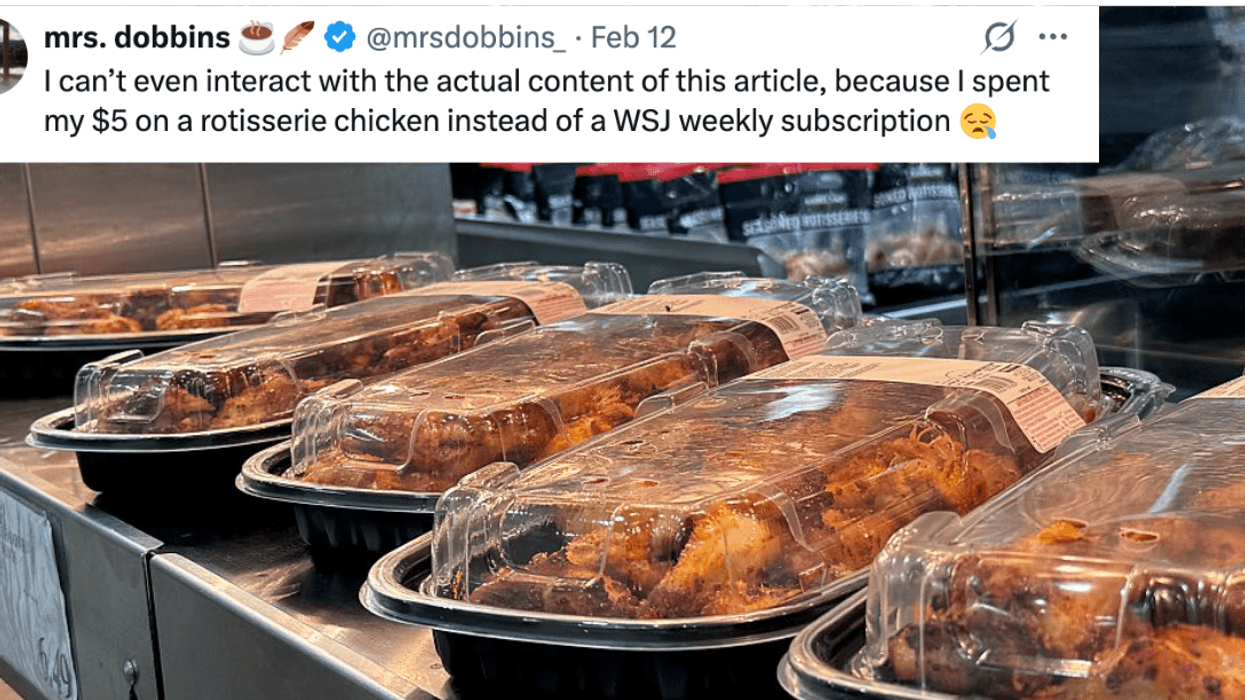

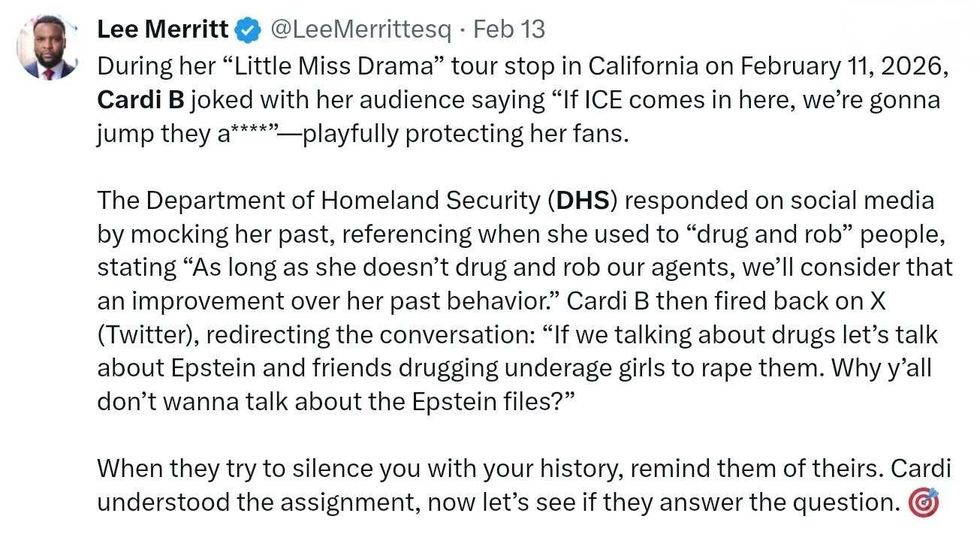 @LeeMerrittesq/X
@LeeMerrittesq/X @bob_moss/X
@bob_moss/X @jelanijones/Bluesky
@jelanijones/Bluesky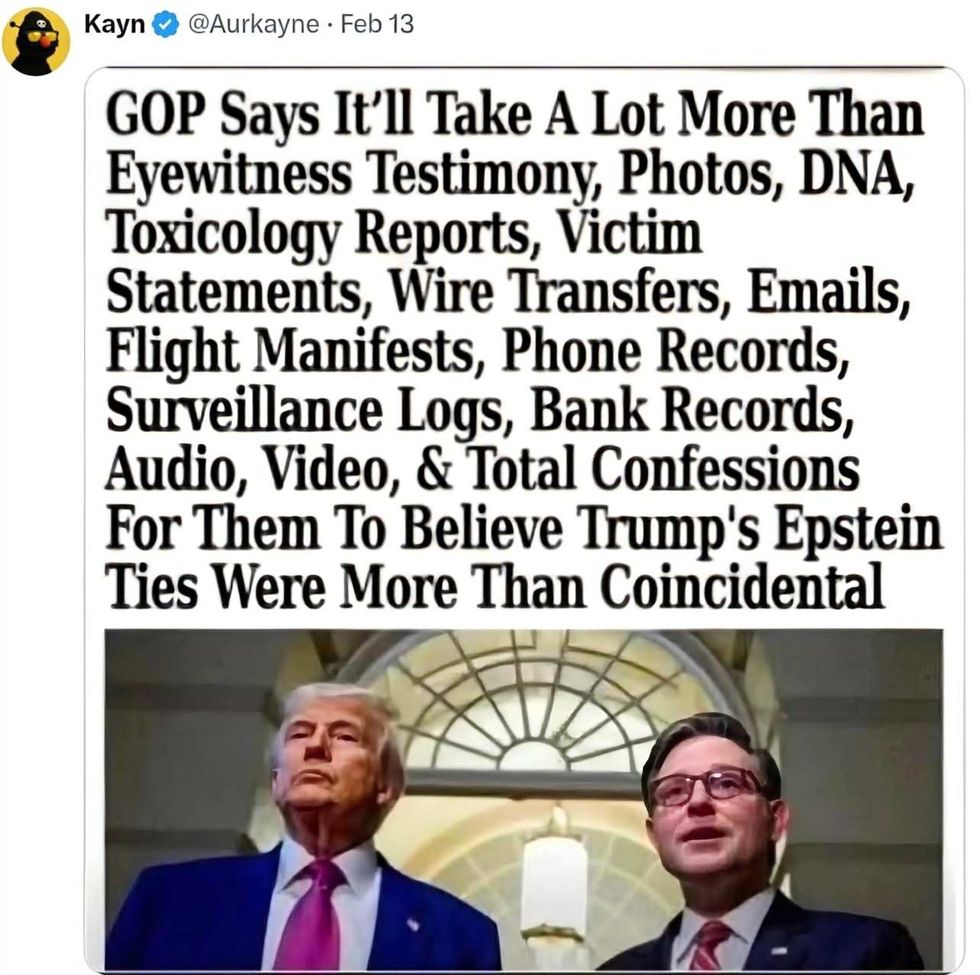 @Aurkayne/X
@Aurkayne/X @sadcommunistdog; @froglok/Bluesky
@sadcommunistdog; @froglok/Bluesky